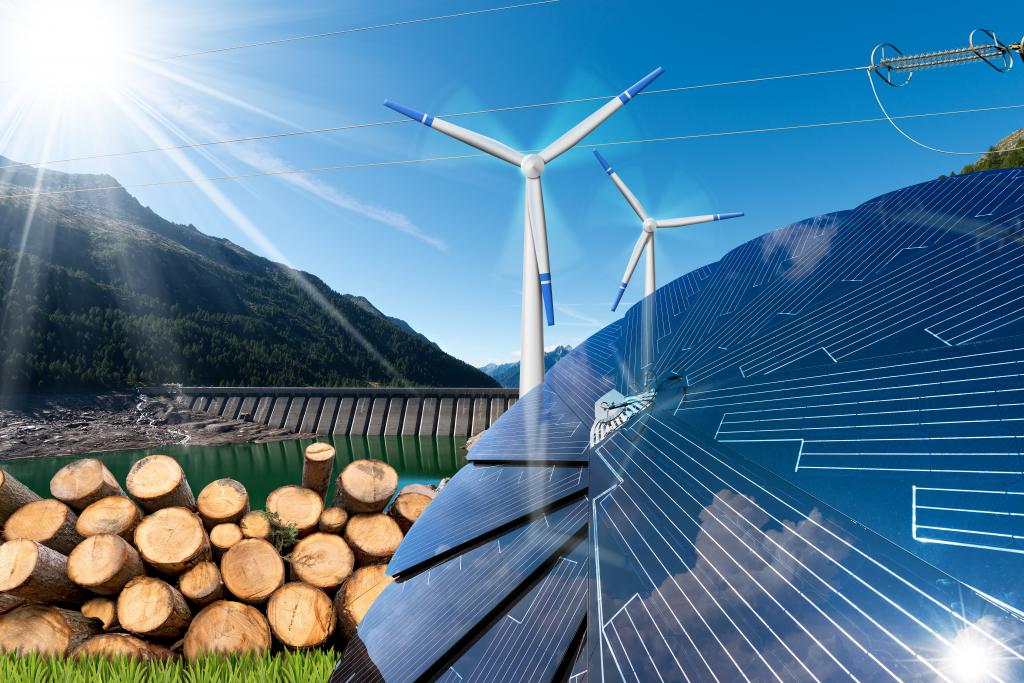On 14 June 2018, agreement was reached on the form of the provisions of the revised Directive on the promotion of the use of energy from renewable sources (RES Directive). The overall binding European target for 2030 will be 32% share of energy from renewable sources in gross final energy consumption. According to the Polish Electricity Committee, this is a very ambitious target, i.e. well above the 27% threshold politically agreed in 2014 in the form of European Council conclusions. Achieving the overall target of 32% will most likely require reaching about 50% share of RES in electricity generation by 2030, which is a very significant increase compared to the current situation.
The new Directive does not provide for national targets and PKEE is in favour of it, therefore its achievement will depend on two key factors - 1) the rate of decrease of RES technology costs after 2020, 2) tools to enforce the rate of RES growth in the country concerned. At the moment, it seems that the tools for regulatory enforcement of RES growth at the national level will be of indicative character, while the final assessment can be expected only after the conclusion of negotiations of the regulation on energy union governance, related to the RES Directive. The final solutions will most likely use a formula to calculate the percentage of "fair national contribution"; however, in the RES Directive it was agreed that the formula will not be applied automatically.
Therefore, we believe that the main determinant of RES growth after 2020 will be the pace of technology cost reduction and market adoption of renewables rather than a specific percentage of the target. In fact, not all member states will be willing to continue to make a significant financial contribution to RES growth and pass the cost on to consumers. It is worth noting that the RES Directive contains several solutions to increase market competition for RES, among others by abandoning priority grid access for larger RES sources - which we welcome.
We should also applaud the solutions aimed at preserving the acquired rights of RES investments which were adopted on the basis of the existing support mechanisms, thus allowing to maintain a stable regulatory environment for the implemented projects. In our view, the final solutions of the Market Regulation in the context of compliance with the concluded power purchase agreements should also take into account the principle of preserving the acquired rights after the new regulation enters into force so as to ensure the above stability (particularly necessary in the case of long-term investments) and to avoid double standards for individual sectors of the industry.
The RES Directive introduces restrictions on the use of biomass. Firstly, no support will be available for newly built co-firing installations. In addition, medium-sized units (from 50 to 100 MW3 ) will have to achieve the efficiency levels defined in BAT, and large units (above 100 MW) will have to achieve a net electrical efficiency of at least 36%. In such cases there will also be a requirement to demonstrate that high-efficiency cogeneration cannot be used. However, high-efficiency cogeneration units will not be required to achieve these efficiencies. In the opinion of PKEE, the above requirements introduce excessive regulation of the segment. In fact, the directive introduces several other provisions to ensure that biomass is used in a sustainable manner, which leads to reduced GHG emissions.
The target for the annual increase in the share of RES in heating and cooling was set at 1.3 pp for countries with waste heat and 1.1 pp for others. However, this target is indicative. In our opinion, the provisions of the Directive relating to district heating will encourage the development of highly efficient biomass-fired heat sources supplying heat to district heating systems. We believe that actions aimed at development of district heating networks will contribute to long-term reduction of emissions from combustion of poor-quality fuels and even waste in low-efficiency boilers in households, which are primarily responsible for poor air quality in Polish cities.
DOWNLOAD FILES

